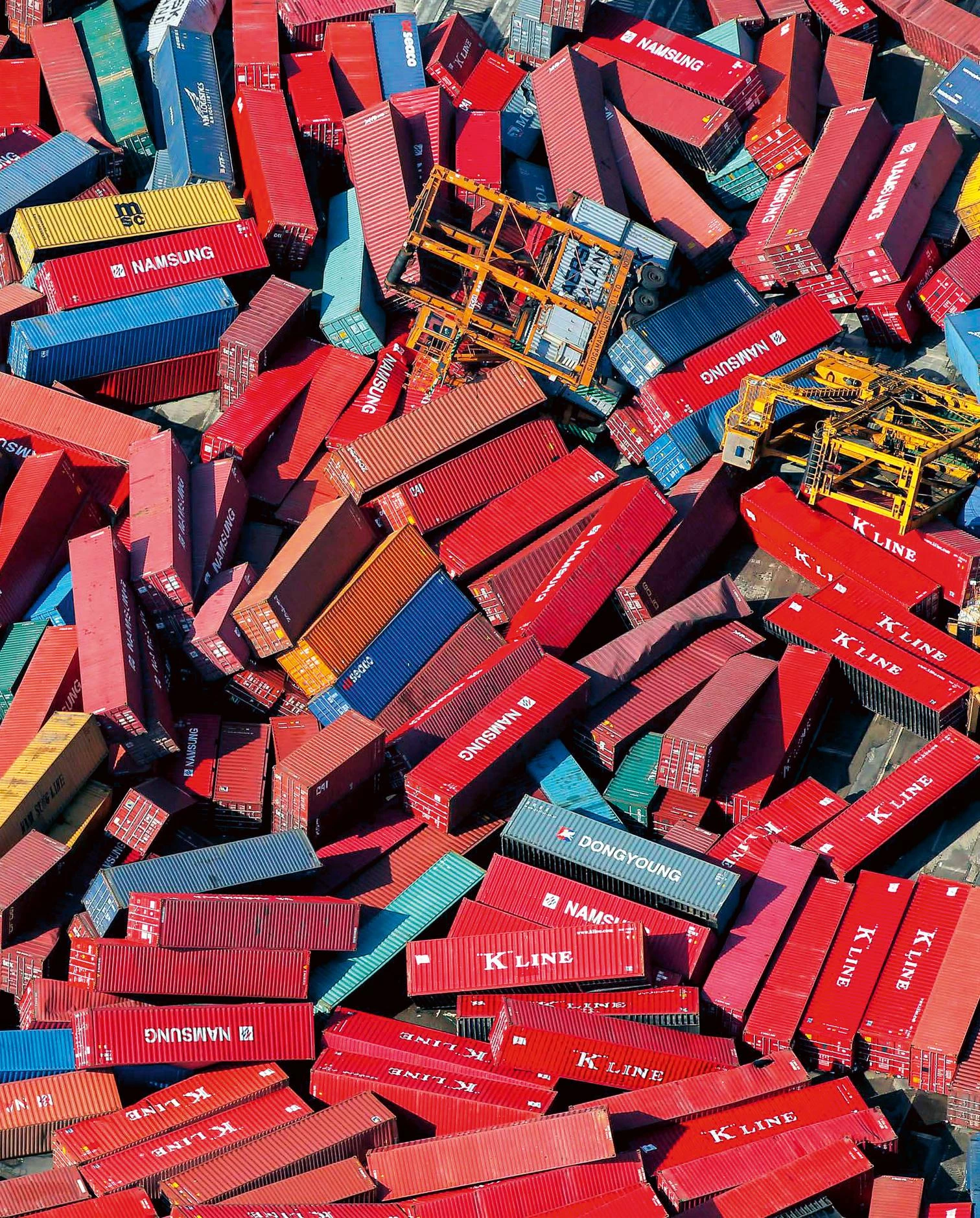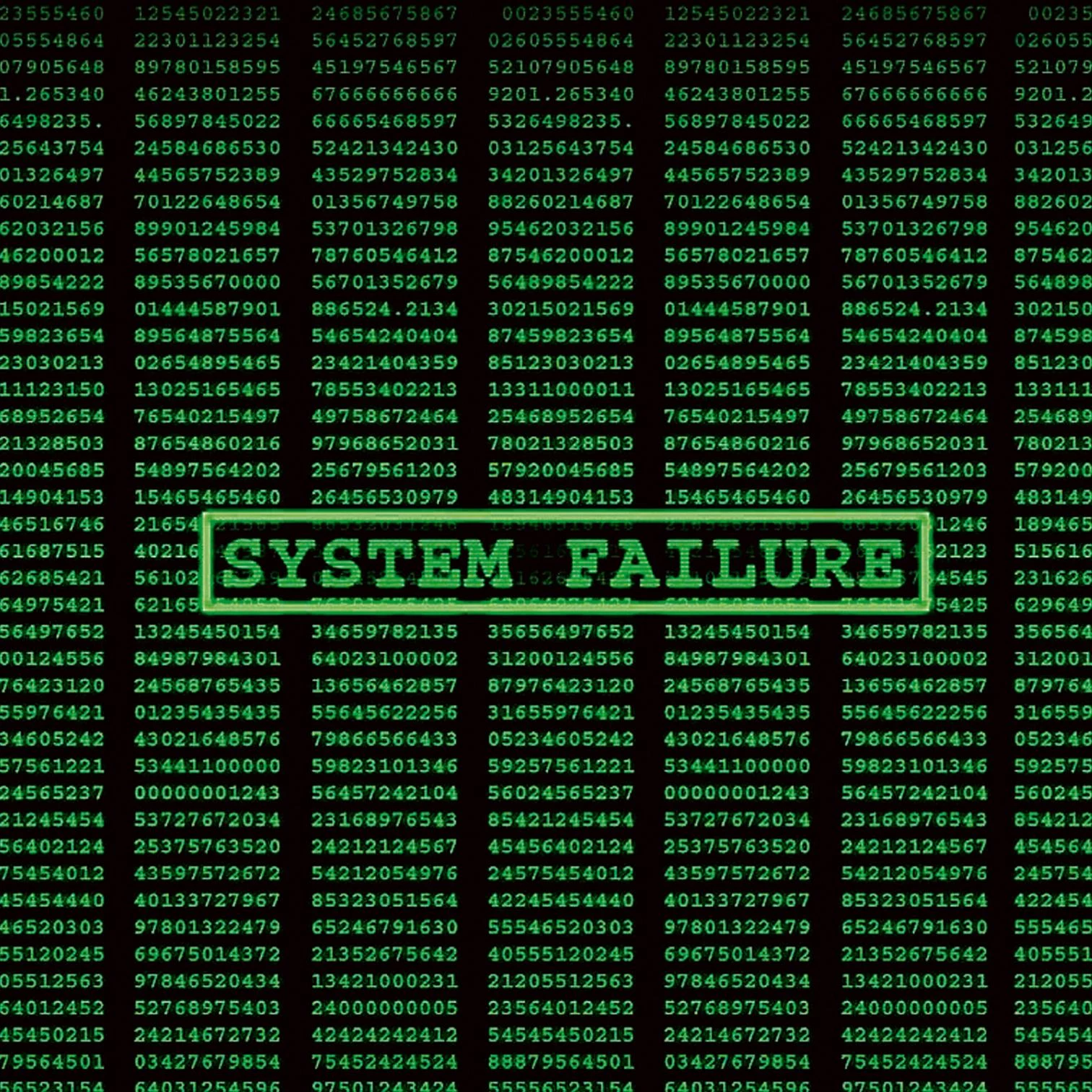
No commercial war is bloodless. The current clash between the United States and China, which reaches the technological and space fields, encumbers the circulation of ideas, capitals, and goods, and questions the international institutions that establish rules and mediate in conflicts. In a short time we are witnessing the collapse of globalization and the fracture of the geopolitical balances that have guaranteed a stability disturbed only by proxy wars, tragical always, but constrained in their geographic extension, even though they cause painful outflows. Thirty years after the fall of the Berlin Wall, the world that was going to invest the peace dividends in spreading democracy has withered, and we face a new cold war, this time between two countries that have historically thought of themselves as the center of the world, and whose fight for power has today no ideological basis.
Analysts like to mention ‘the Thucydides trap’ to warn about the risks of the competition between an emerging and a declining power, as this rivalry has often led to war between both. In our case, that danger is increased by the possibility of a miscalculation in the South China Sea, where a minor naval incident could cause an unstoppable escalation of tension; a human mistake in the current missile warning systems, with the tragic consequences explored both in military scenarios and in film fiction; or a digital accident in the computers that control markets and machines, with the possibility of a financial panic or a war between robotic weapons guided by their own artificial intelligence. If commercial war has reached space and cyberspace, the same has happened with the military rivalry that we euphemistically refer to as ‘national security.’
In our multilateral environment of competition for resources, the eclosion of nationalisms is just a mirage that fades before the strength of great powers. The European Union – a cluster of countries with aged populations, limited commercial competitivity, and meager investment in defense –faces the challenge of immigration from an African continent in demographic explosion and climatic emergency; the challenge of digitalization, lacking as it does any large technological companies; and the challenge of security, with no protection from NATO given the growing isolationism of the United States, and threatened by the Russian determination to break its cohesion. Spain is just a small country in this peninsula of Asia we call Europe, and its fates are tied to those of the utopia that created the institutions of Brussels: that is our common home, and our shared shelter in these turbulent times.






